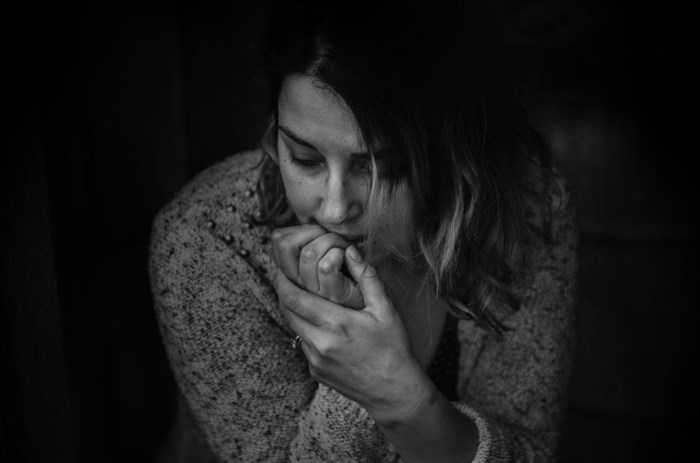
Image Credit: pexels.com
June 21, 2020 - 7:00 AM
The COVID-19 lockdown is making it harder for people suffering from some forms of abuse to get the help they need but it also makes it harder on those delivering that help.
Tatyana Skarbo, a victim services worker with the Central Okanagan Elizabeth Fry Society, told iNFOnews.ca that she’s hearing from plenty of people who are suffering from domestic violence but calls about past sexual abuse have been down during the pandemic.
“We’re attributing that to people who really want to come forward to talk about historical sexual abuse that they’ve experienced, now just might not be the time – when they can’t get that face-to-face personal experience – you know, the human interaction that comes with disclosing for the first time,” she said.
When it comes to sexual violence happening during the pandemic, police and outreach workers from Elizabeth Fry do respond. But, for those suffering from past abuse, the lack of face-to-face contact seems to be keeping them away.
But, whether it's sexual, physical or mental abuse, COVID-19 has made it that much harder for people like Skarbo to do their jobs.
“It presents some challenges because, normally, our intake process is having them sit down in the office where we meet face-to-face for the first time,” she said. “Now, our first meeting is definitely over the phone.”
That takes away all the physical cues that normally serve to help evaluate clients.
When the lockdown was first imposed in March, Skarbo and all her coworkers were restricted to working from home. So, instead of popping next door to consult with a co-worker, Skarbo had to hang up and call her colleagues.
“It makes the process just that much more lengthier,” Skarbo said. “It’s usually, you ground the client – calm them down to get them to a place where, if you hang up the phone, you know they’re going to be OK. Then I’m going to make some phone calls and get back to you rather than I’m just going to pop next door to talk to my coworkers and jump back in.
“When we have a person in an office face-to-face, you know that they’re there. When you call them back and there’s no answer and you’re not hearing from them until the next afternoon – the length of time it takes to get the work done is longer.”
It can also be concerning, not knowing if their abuser just walked through the door.
While dealing with the trauma of people suffering from abuse, people like Skarbo have their own stress to deal with, especially when working from home alone.
“Initially, we increased the number of staff meetings that we had,” Skarbo said. “We’re touching base with our coworkers much more frequently over Zoom, just so we have that support. We keep our phones on as well so it’s one of those things where, it there’s a situation and you need to put two heads together and come up with a safety plan, you just reach out to your colleagues and work through it that way.”
That stress is easing a bit as workers are now spending more time in the office on a rotating basis and Zoom sessions with clients are actually proving popular with some who now don’t have to arrange for daycare or transportation to go down to the Elizabeth Fry office.
But Zoom sessions don’t work with that first time caller reaching out for help.
That doesn’t mean the need for help is going down.
Calls to the Interior Crisis Line Network jumped by 61 per cent in May alone and they are looking for more workers. Those call takers are undergoing personal stress, not only from the increased call volumes but from the intensity of the distress they’re dealing with.
“We provide training around stress reduction, passion fatigue, etc.,” Asha Crogton, program director for the network, said. “It’s very much a community environment around the crisis line responders so, even when they’re working alone they’re not alone. They have their supervisor within a phone call, within one ring, essentially. So they have a lot of support.
“It takes a toll. Hearing the cries of the world is noble, needed work and, as much as it’s meaningful, there can be an impact (on call takers) and that’s understood. We often say, the day we stop caring is probably the day we stop this work.”
READ MORE: Stress on B.C. Interior residents is increasing the longer COVID-19 continues
The crisis line number throughout the Interior Health Region is 1-888-353-2273.
For more on the Central Okanagan Elizabeth Fry Society, go here.
To contact a reporter for this story, email Rob Munro or call 250-808-0143 or email the editor. You can also submit photos, videos or news tips to the newsroom and be entered to win a monthly prize draw.
We welcome your comments and opinions on our stories but play nice. We won't censor or delete comments unless they contain off-topic statements or links, unnecessary vulgarity, false facts, spam or obviously fake profiles. If you have any concerns about what you see in comments, email the editor in the link above.
News from © iNFOnews, 2020